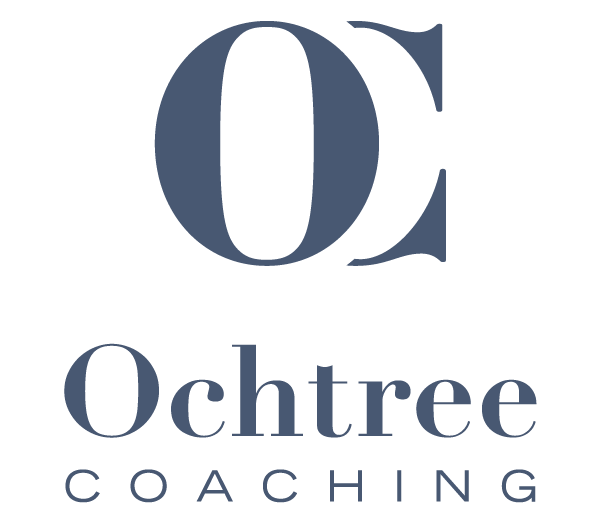Are Your Attitudes and Behaviors Still Relevant?

Have you ever stopped to consider the choices you have made throughout your life?
Taking one job over another. Marrying your high-school sweetheart. Living estranged from your father. The list can go on and on.
What’s crazy is that we often continue to make our life choices through an outdated perception of ourselves. These choices then affect the entire trajectory of our lives.
Imagine, that we’re young and impressionable, and we’re just trying to fit in. The messages we receive from our parents, peers and the world may be accurate or may be distorted. But in our need to function and to be accepted, we internalize the labels and definitions from our environment.
We then create our life strategies and behaviors based on this information. Years later, we may be totally unaware that we’re still using those same criteria. We never stop to evaluate whether those early messages were appropriate and whether they are relevant today.
How is this applicable? Here's a real life example:
A young boy has three siblings. He watches as his parents divorce. His now-single mother instructs the boy to make sure his siblings get to school on-time, do their homework and prepare dinner by the time she returns from her 8-hour shift. The boy receives the message that "I’m the boss and I’m in charge.” In adulthood, he brings his “I’m the boss” behavior to his marriage and his work life, even when he’s not the boss. His wife and business colleagues find him difficult and controlling. His relationships and professional advancement are not progressing.
Ideally, we’re introspective enough to notice when life isn’t going as planned. When this happens, we have an opportunity to re-evaluate the messages we received, our interpretation of these messages and our internal dialogue about them. Consciously critiquing what is current and what may be obsolete better positions us for positive behaviors and life changes.
Guidance for evaluation as your life evolves:
1. What messages did you receive as a youth that, with reflection, may now be outdated? Do your behaviors match this new insight?
2. What limitations, attitudes or behaviors “own” you that no longer serve a positive purpose?
3. How can these new insights be applied to your current life strategies?






